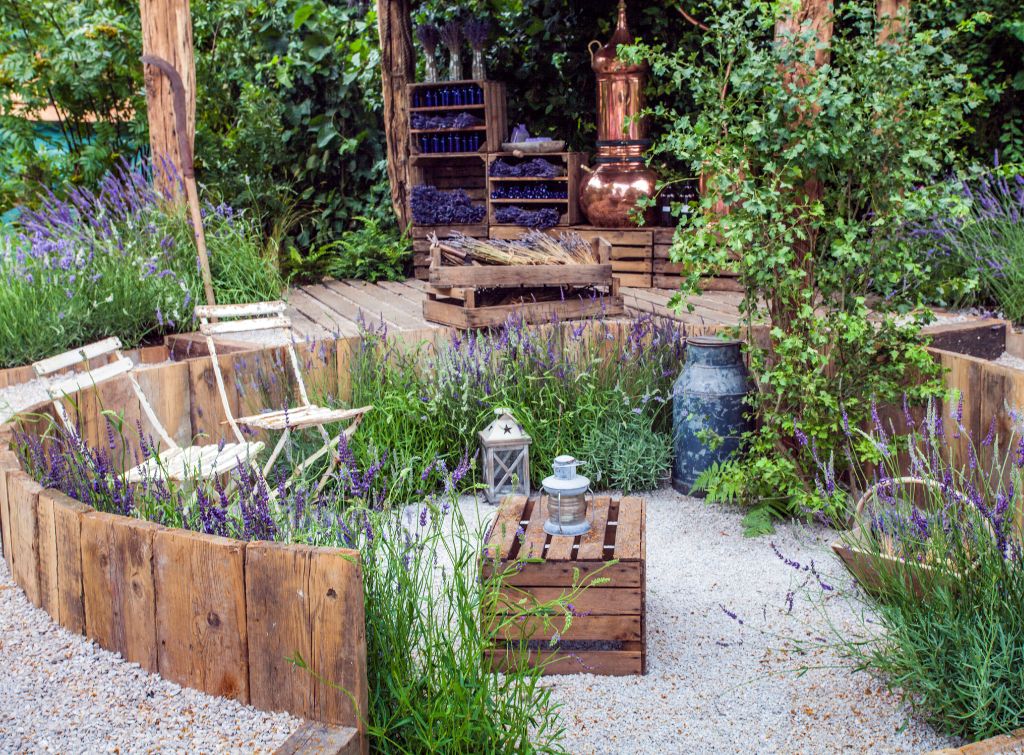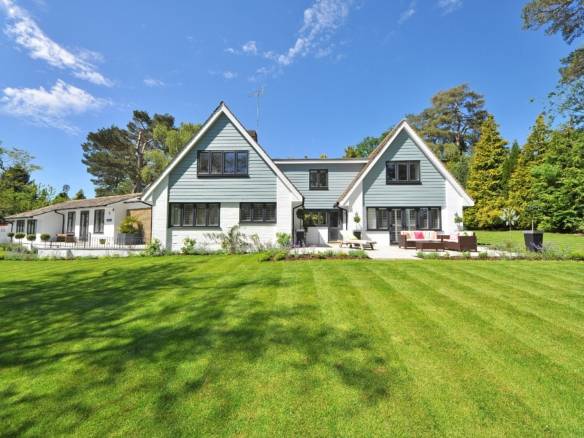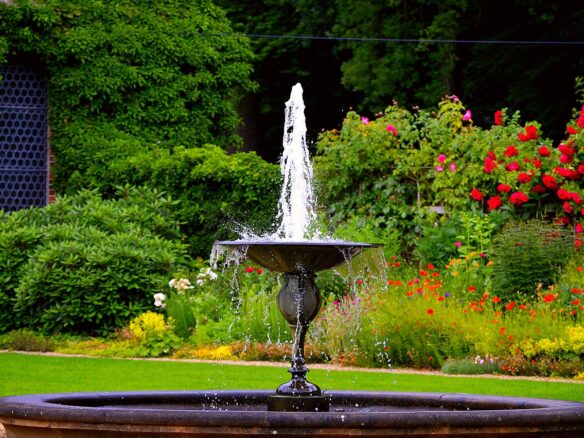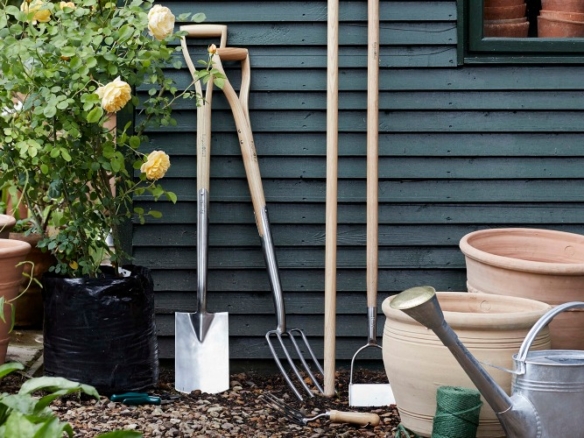Sustainability and eco-friendliness have become quite popular in recent years. Aiming to reduce one’s carbon footprint may seem like a drop in the ocean, but with enough people considering it, we may notice a change.
In many cases, sustainability concerns homes, but that’s not the whole story. Living in a house means you probably have a garden. Few people understand that there are ways to make their gardens eco-friendly, and here are several ways to do so.
Plant Trees
Having a yard means you have all the flexibility about what you want to plant, and trees are an excellent option for various reasons. From a personal benefit, planting trees means you’ll have a natural shadow, eliminating the need of having to make artificial shade.
The second one is more about going green, and it’s not just the color of the leaves. In the first 20 years, an average tree absorbs roughly 22 pounds per year. It’s not a lot, but it’s a good start and should motivate you to plant more.
Don’t Waste Water
Plants need water to survive, and most people grab the hose and start watering them. It works, but it’s not the greenest approach. A collector system for rainwater is the best approach here, especially if you live in an area with a lot of rain.
A drip irrigation system is the next logical upgrade to ensure you’re using water efficiently. Tweaking it to provide your plants with the necessary amount of water is ideal for saving water and ensuring the plants are not harmed.
Aim for Plants That Require Less Water
Each plant needs different care. Some need more sunlight, while others need less. That’s not something you can modify, but things are a bit different when it comes to water. Some flowers need a lot more water than others, so aiming for those is a good way to improve eco-friendliness.
Even if you install a collector system, aiming for plants that require less water can be a good idea. It means you’ll be able to care for and maintain them with less water. This is especially important in areas where you may experience drought.
Mow the Grass Smartly
Keeping your yard nice and tidy is a good way to make it look good, and the grass is the first thing people notice. Having a weekly routine to do some yard work is good for your mental health, but some of it is not as eco-friendly as you think.
Mowing the law too often can have a negative impact, especially if you’re not using a manual lawn mower. Petrol-powered ones are not eco-friendly for obvious reasons, while electric ones need to be charged. As long as you’re not using some alternative energy source, you’re not contributing to making your yard greener.
Solar Panel Lighting
A well-lit yard will look just as good at night as it does during the day. The most common option is to use electricity from your home to power any electrical components in the yard. As you can guess, this isn’t very eco-friendly.
The recommendation is to use solar panels and battery storage solutions for your yard. Combining this with LED lights and energy-efficient equipment will work in favor of consuming less electricity. Naturally, you’ll need a redundancy system, but as long as you rely on solar power, you’re one step closer to having a sustainable garden.
Use Eco-Friendly Materials
Your yard isn’t just about the trees and plants, there are other things to consider. People often revert to artificially made materials, which offer advantages. Unfortunately, they don’t do a lot in terms of eco-friendliness.
A metal fence may look nice, but a wooden one uses green materials. You may want to expedite the installation process by using post drivers for skid steers, and as long as it’s electric, you won’t be doing any harm.
In recent years, plastic has become as eco-friendly as possible, but that doesn’t mean it’s the best. With alternative materials like wood or bamboo being available, it’s best to try and use as little plastic as possible. In a worst-case scenario, if you have to, make sure to reuse them.
DIY Composting
Composting is the best way to ensure the soil is nutrient-rich for your plants. Many options are available, and purchasing them is simple, which is why it’s such a popular approach. Like most common gardening practices, there are better alternatives.
Making your own compost is one of them, and it doesn’t take a lot of effort. Using green waste like clipped grass, dry leaves, deadheaded flowers, and more is a great way to get nutrient-rich fertilizer.
An eco-friendly garden isn’t as scary as it may seem. There are some aspects to consider, but they are well worth it if you want to reduce your carbon footprint.




